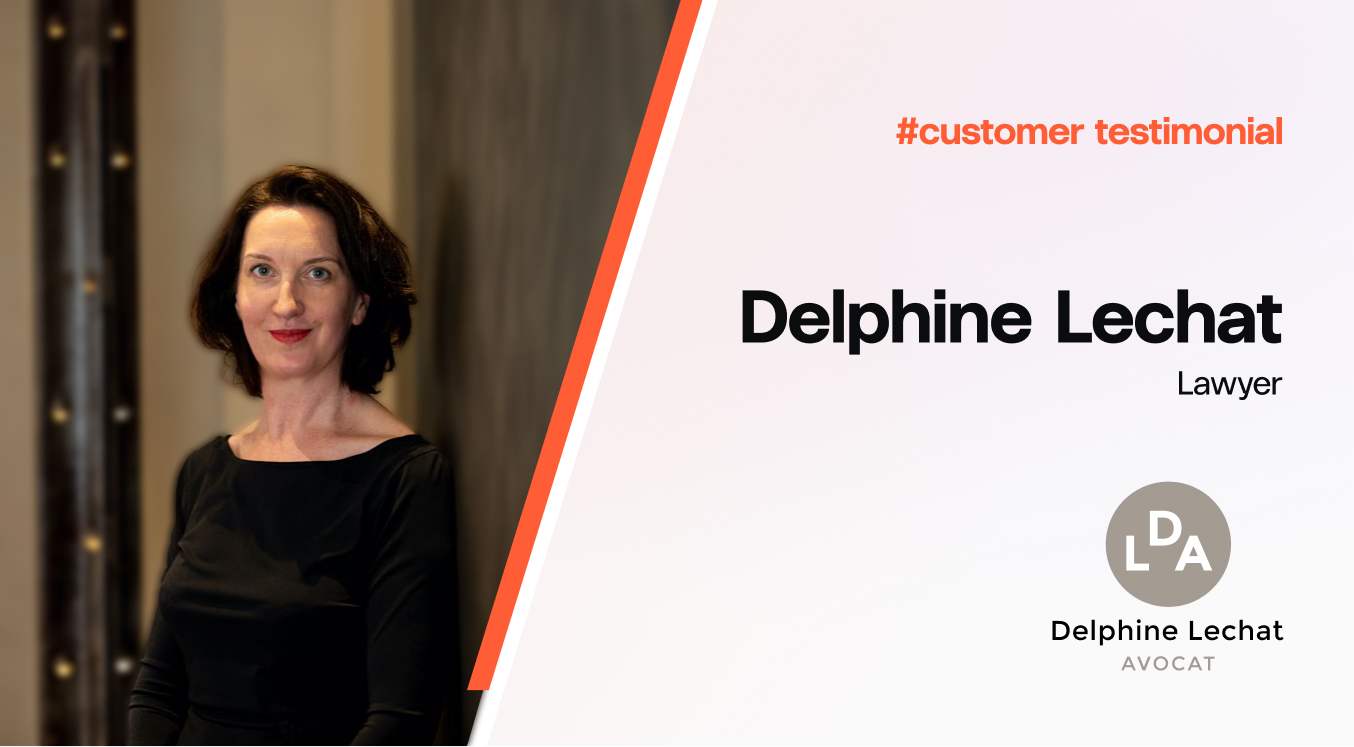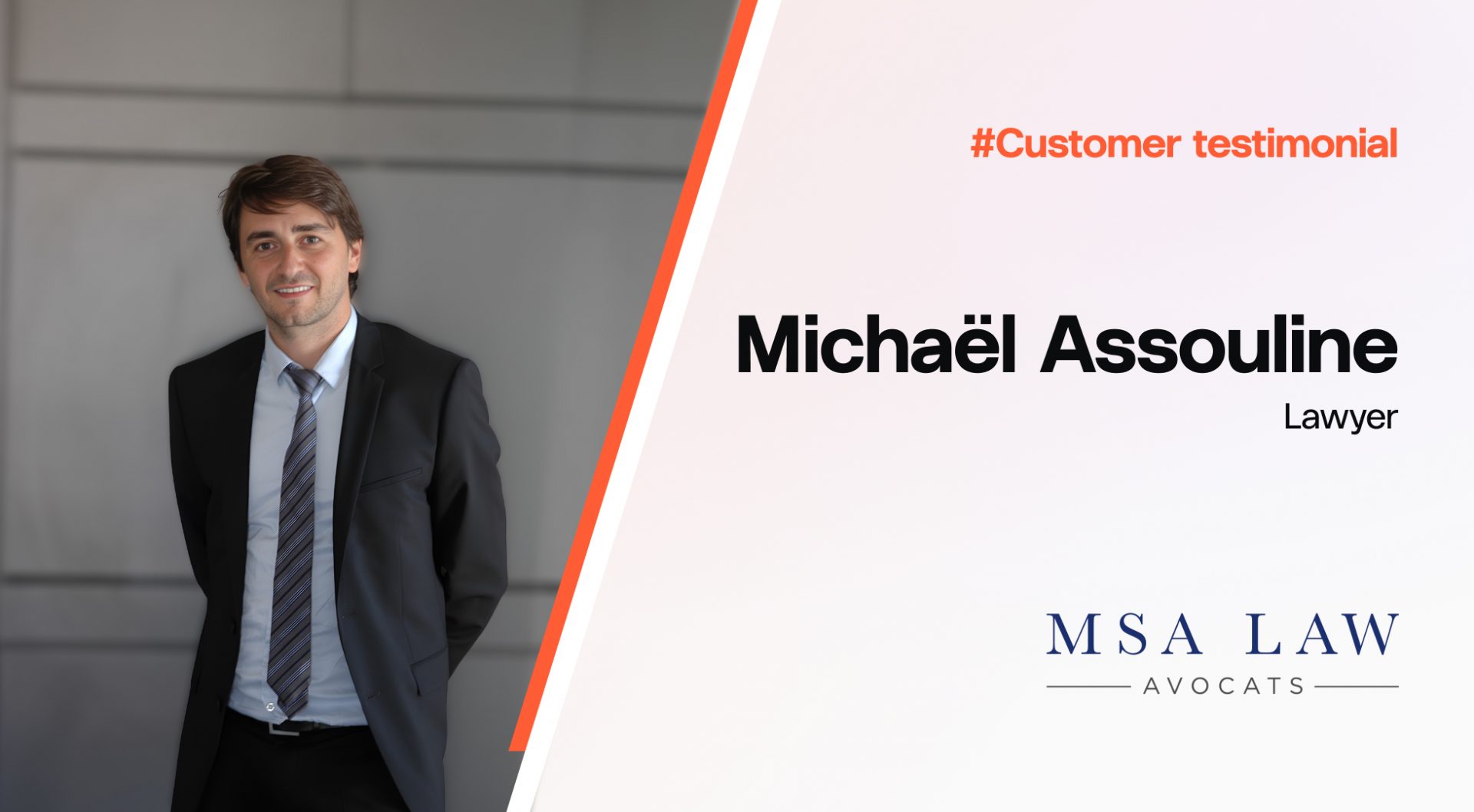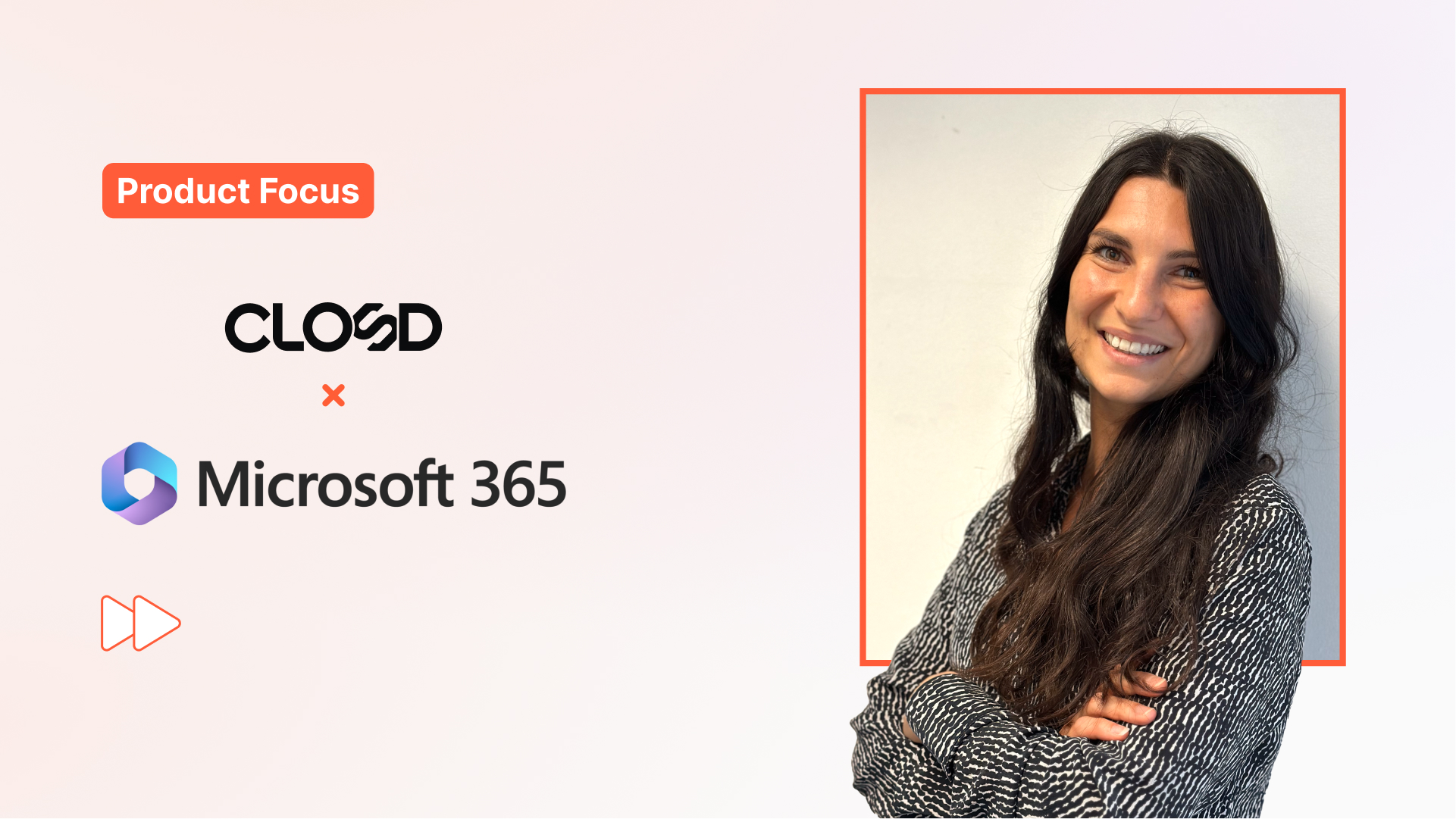The Covid-19 crisis is accelerating digitalization for legal professionals. Grégoire Debit, co-founder of the legaltech company Closd – which allows deals to be carried out remotely – explains how some tasks can be simplified and automated in complete safety.
Décideurs. Where did you come up with the idea of creating Closd?
Grégoire Debit. Nathaniel Merino and I are both former lawyers and were working in finance and transactional law. We noticed that there was no software to manage the day-to-day operations we were involved in. This created frustration, as many of these processes could be standardized. We wanted to come up with new solutions, so we teamed up with Bruno Thomas, who is an engineer.
What are these solutions?
Closd is a platform to manage legal operations from end to end, involving all stakeholders on a matter. It makes it possible to collect and exchange documentation in a secure manner, do document versioning, manage workflows, and track a matter’s schedule to monitor its progression in real time. Closd also offers secure electronic signatures by integrating existing technologies (DocuSign and CertEurope) and adding on additional layers of identification that are necessary when dealing with legal transactions. Closings can thus be carried out remotely. Once the deal is closed, clients have the option of generating closing bibles straight on the platform and archiving them in an Arkhineo electronic safe, a certified third-party archiver. What’s new with Closd is that you can do everything in one place.
What’s new with Closd is that you can do everything in one place
What challenges do you face? Are legal professionals convinced of the security of this type of tool, particularly regarding the electronic signature?
All legal practitioners trust in the legal certainty of the electronic signature, especially with Closd, which was developed specifically for legal professionals. This tool helps save a huge amount of time and money. The main challenge for us is to get customers to use the platform to carry out the operation from start to finish.
How do you convince them?
Being former lawyers, we began by selling our tool to law firms. When the product was first launched, companies told us, “Go convince my lawyer first. Then I’ll be happy to use it.” Since then, clients have been reassured by both the practicality and the safety of the tool. It’s just a question of habit. To date, Closd has been used for thousands of transactions involving law firms, companies, and investment funds in particular, and it is starting to be known in the French market.
Did the first lockdown accelerate the digitalization of law firms and legal departments?
The first lockdown brought on an urgency for many people to digitalize in order to ensure that operations continued. To find the tools they needed to carry on with their activity, many of them turned to us, especially since, like many other startups, we were offering a free month-long trial. During this period, existing clients greatly increased their use of the platform, and new ones adopted our solution. The crisis we are in the middle of is accelerating a change in mentalities.
Can this crisis also act as a barrier?
It can cause a roadblock regarding the budgets allocated to technology. But a crisis like this is above all an accelerator. We continue to evangelize the market, to convince customers of the return on investment of this kind of tool. Closd helps reduce costs and free up time for professionals who are relieved of low value-added tasks. In September, we sent out a client satisfaction survey in which we asked our clients about the time they save with Closd. They told us they save dozens of hours each month on their work. The return on investment is also non-financial. Our tool allows firms to offer better experiences to their clients and therefore retain them.
Our tool allows firms to offer better experiences to their clients and therefore retain them
What are your objectives?
Today, we help manage all types of deals, regardless of their size and the number of people involved in the project. We work with over 100 clients in France and in three European countries. In the next five years, we want to become the European champion in deal management for companies, law firms and all those who are part of the transaction family. The advantage of having a major player on our continent is twofold: our tool is adapted to practices – common law differs from civil law. Second, because it responds to the issue of data sovereignty: We host all our data exclusively in France.
Has your platform evolved since its launch at the end of 2018?
It is developed in-house and is constantly evolving, whether to incorporate small design improvements or larger features like the digital safe. We interact a lot with our customers. We don’t create different software for each one but we meet their needs by prioritizing those updates which are most requested.
Is automated document review through artificial intelligence for tomorrow?
No, at the moment that type of technology for audits is still in the testing stage. But that is typically the kind of solution that we will seek to integrate into our platform when it does reach a point where it’s effective. At the moment, it’s hard to imagine lawyers handing over all of the value-added stages of a deal to a machine. We’re not there yet.
Interview by Olivia Vignaud





